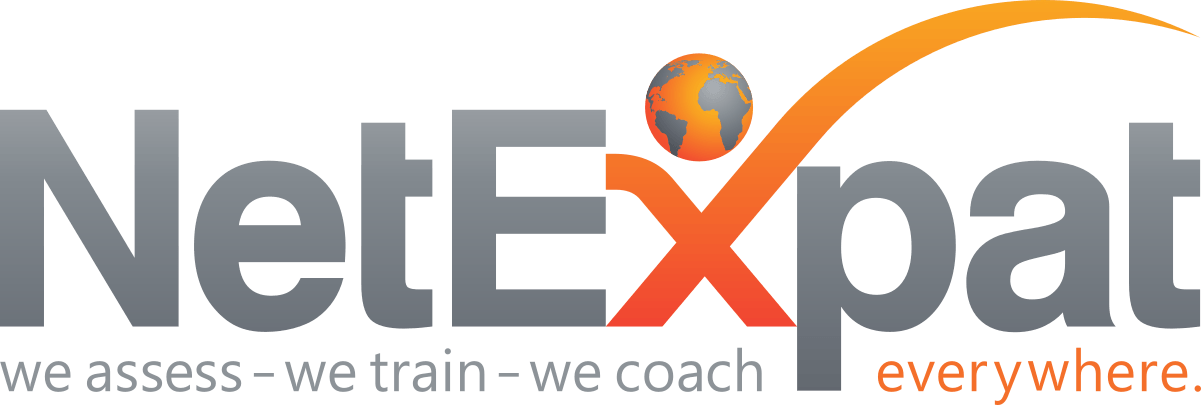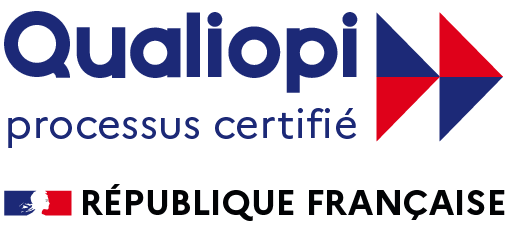DOES CORPORATE CULTURE SUPERSEDE NATIONAL CULTURE?

When you say the word “culture”, what do you mean? Might you be referring to your organizational culture – beliefs, behaviors, and practices which influence the way employees interact, and carry out their work? Or are you referring to national culture – shared values, beliefs, and behaviors that characterize a nation, or a region (ex. American culture, Chinese culture, or Indian culture)?
Many global organizations recognize the growing need to align national and personal cultures with the organizational culture. They are also becoming aware of a skill gap when it comes to cultural agility.
“The importance of cross-cultural training is not very well understood within Amazon as the company culture is extremely strong and very similar all across, regardless of the country that we work in. Amazonians do not necessarily always understand that there is a ‘life outside Amazon’ and they do not therefore always take the time to dive deep in the challenges that working in a different country and within a different culture offers.”
- Jean-Baptiste Maille, Amazon
What is the relationship between corporate values, national values, and personal values?
Corporate values are the principles and beliefs that guide the behavior and decision-making within an organization. They reflect the company's mission, vision, and desired culture. In some cases, corporate values may take precedence over individual or intercultural values, as employees are expected to align themselves with the organization's values while representing the company's interests. However, many organizations strive to create a culture that embraces diversity and respects individual values while maintaining a core set of corporate values.
National values are the beliefs of a nation, which guide the attitudes, actions, and behavior of its citizens. They are influenced by language, religion, customs, cuisine, and they dictate social norms, communication style, decision making, and more. In a multicultural work environment, national values may play a significant role in shaping the overall corporate culture. Organizations that value diversity and inclusion often aim to incorporate national values into their corporate values, recognizing and embracing the contributions of individuals from different cultural backgrounds with different ways of working and communicating.
Personal values are the principles and beliefs that individuals hold and prioritize in their lives. These values are shaped by their personal experiences, cultural backgrounds, upbringing, and individual beliefs. While organizations may expect employees to align with corporate values, it is essential to respect employees' personal values as long as they don’t contradict or compromise the organization's core principles. When personal values clash with corporate values, individuals may face ethical dilemmas, with potential serious ramifications.
How can corporate and local culture work together?
Corporate culture can incorporate elements of the national culture by fostering an environment where individuals are encouraged to bring their unique perspectives and experiences to work. One way to do this, is to focus on shared values that can align with certain aspects of culture, such as respect for elders, teamwork, or a strong work ethic. By recognizing and embracing these shared values, organizations can create a cultural environment that resonates with individuals from different countries and backgrounds.
Furthermore, by promoting cultural competence through training programs, cross-cultural interactions, and learning opportunities, organizations can encourage employees to learn from and respect each other's cultural backgrounds.
It is important to note that successfully integrating corporate culture and national culture requires ongoing commitment, open communication, and a willingness to embrace diversity.
Intercultural competence is key to finding a balance between corporate, national, and personal values. Organizations can effectively leverage the strengths of different cultures to create a richer and more innovative work environment while fostering a sense of belonging for all employees.
Share this post














